How Long Can You Stay In A Hotel? Tips From A HOTEL OWNER!
Are you wondering how long can you stay in a hotel?
In some countries, hotel stay length is governed on a state level, where hotels are obliged to grant certain rights to long-stay clients such as tax reductions and other tenant rights depending on the length of their stay.
For instance, in the United States, the maximum number of days allowed on-site is usually 30 days, but other destinations have it at 21 days. Hotels have these restrictions to make it easy to manage their bookings, amongst other reasons.
If you’re planning to stay at a hotel for an extended period, you may be wondering about the costs. It can be expensive to stay in a hotel permanently, but it depends on the hotel.
Some hotels charge a discounted rate or cheap accommodation for those staying for extended periods. They may even offer monthly or yearly rates to keep the room occupied. Other hotels charge a nightly price even if you plan to stay permanently. This price often discourages people from living in a hotel permanently.
How do I know the answer to all of this? Because I am an experienced hotel owner, who has owned hotels in Western Australia since 2011. I know both the pros and cons of living in a hotel as well, as I have even lived in a hotel myself for about 10 years on and off.
I know a lot about hotels, I was even born in one – as my parents have owned several hotels and motels around Western Australia from the 1970s until the 2010s. I’m the right person to talk to you about the hotel industry, and I’m here to answer all your questions about everything hotel!
Anyway, enough about me, would you like to learn everything there is about how long you can stay in a hotel?
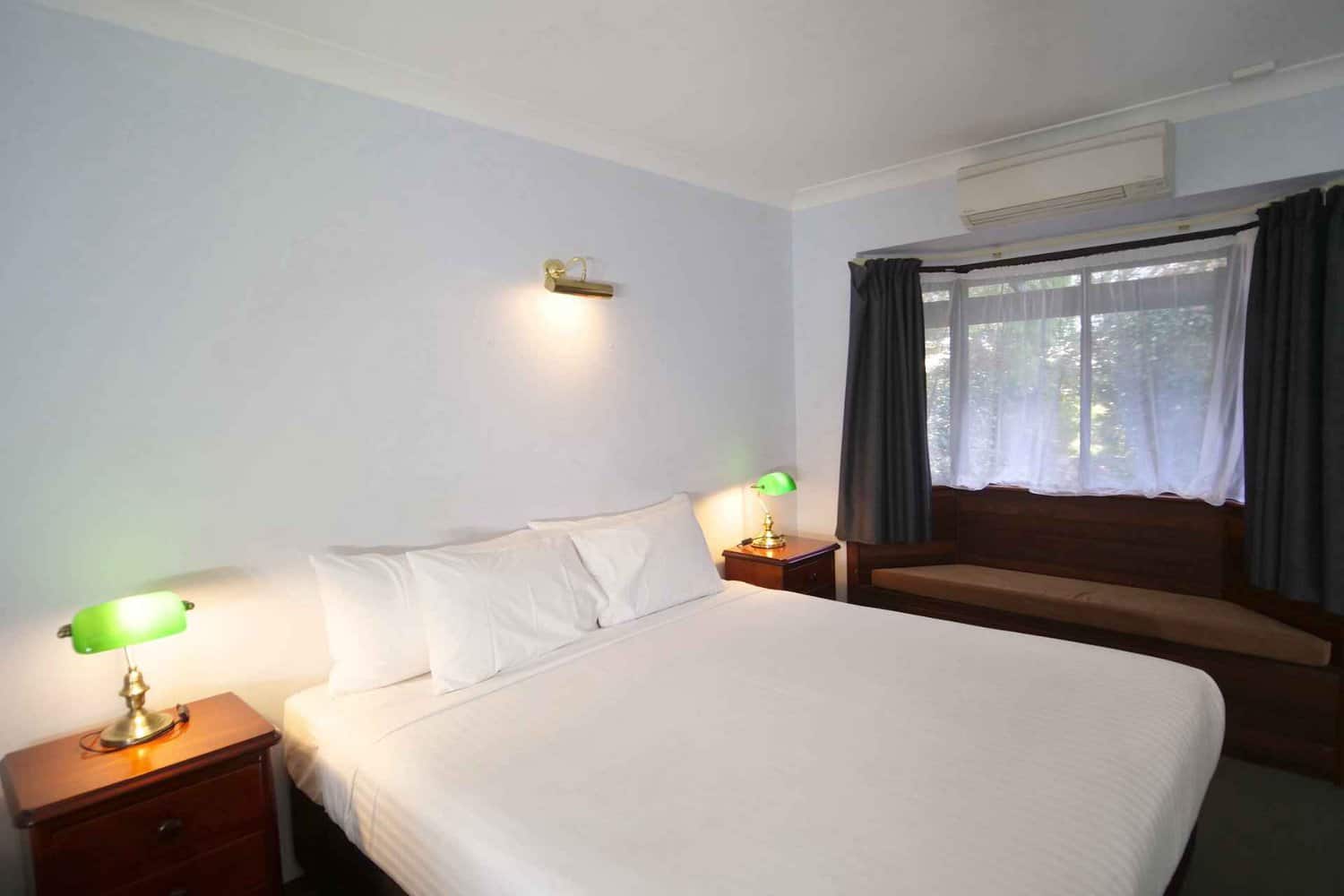
Hotel Policies
When it comes to how long you can stay in a hotel, there are several hotel policies you should be aware of. In this section, I will discuss the factors affecting the length of stay, check-in and check-out times, the maximum length of stay, and cancellation policies.
Factors Affecting Length Of Stay
The length of stay in a hotel can be affected by several factors, including the hotel’s occupancy rate, room availability, and the purpose of your stay. If the hotel is fully booked or has high occupancy rates, they may limit the length of your stay to accommodate other guests, who may pay more per night. Additionally, if the hotel needs the room you are occupying for another guest, they may ask you to vacate the room earlier than expected.
Check-In and Check-Out Times
It’s important to note that hotels have specific check-in and check-out times. Typically, check-in time is in the afternoon, around 2 or 3 PM, and check-out time is in the morning, sometime between 10 AM and noon. However, some hotels may offer early check-in or late check out for an additional fee.
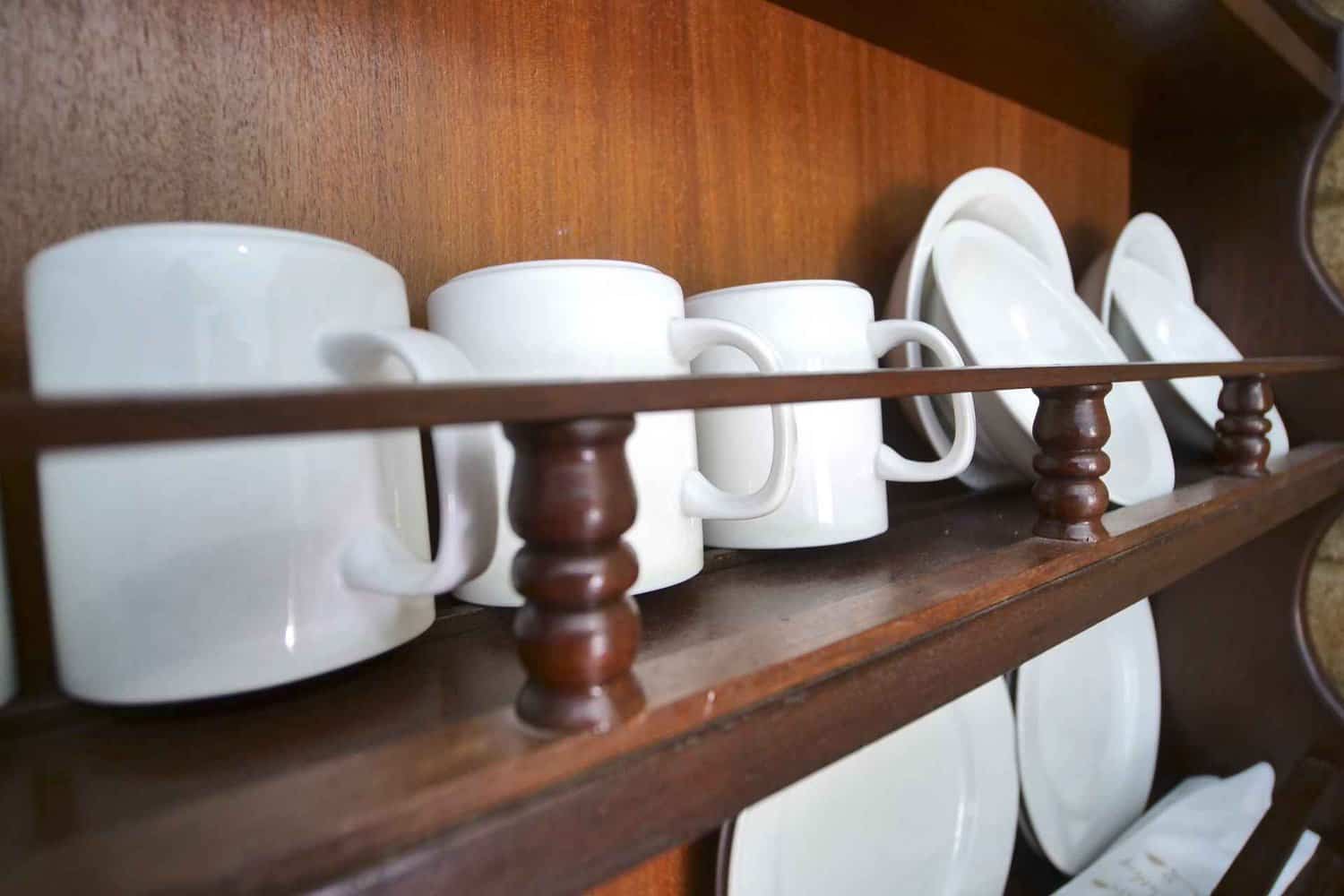
Maximum Length of Stay
Most hotels have a maximum length of stay policy, which means that you can only stay for a certain number of days. This period is usually 30 days, but other destinations have it at 21 days. Hotels have these restrictions to make it easy to manage their bookings. If you plan to stay for an extended period, you should inquire about the hotel’s maximum length of stay policy.
Cancellation Policies
It’s important to familiarize yourself with the hotel’s cancellation policy before booking your stay. Some hotels have strict cancellation policies, which means that you may not get a refund if you cancel your reservation. Other hotels may offer flexible cancellation policies, which allow you to cancel your reservation without penalty up to a certain date.
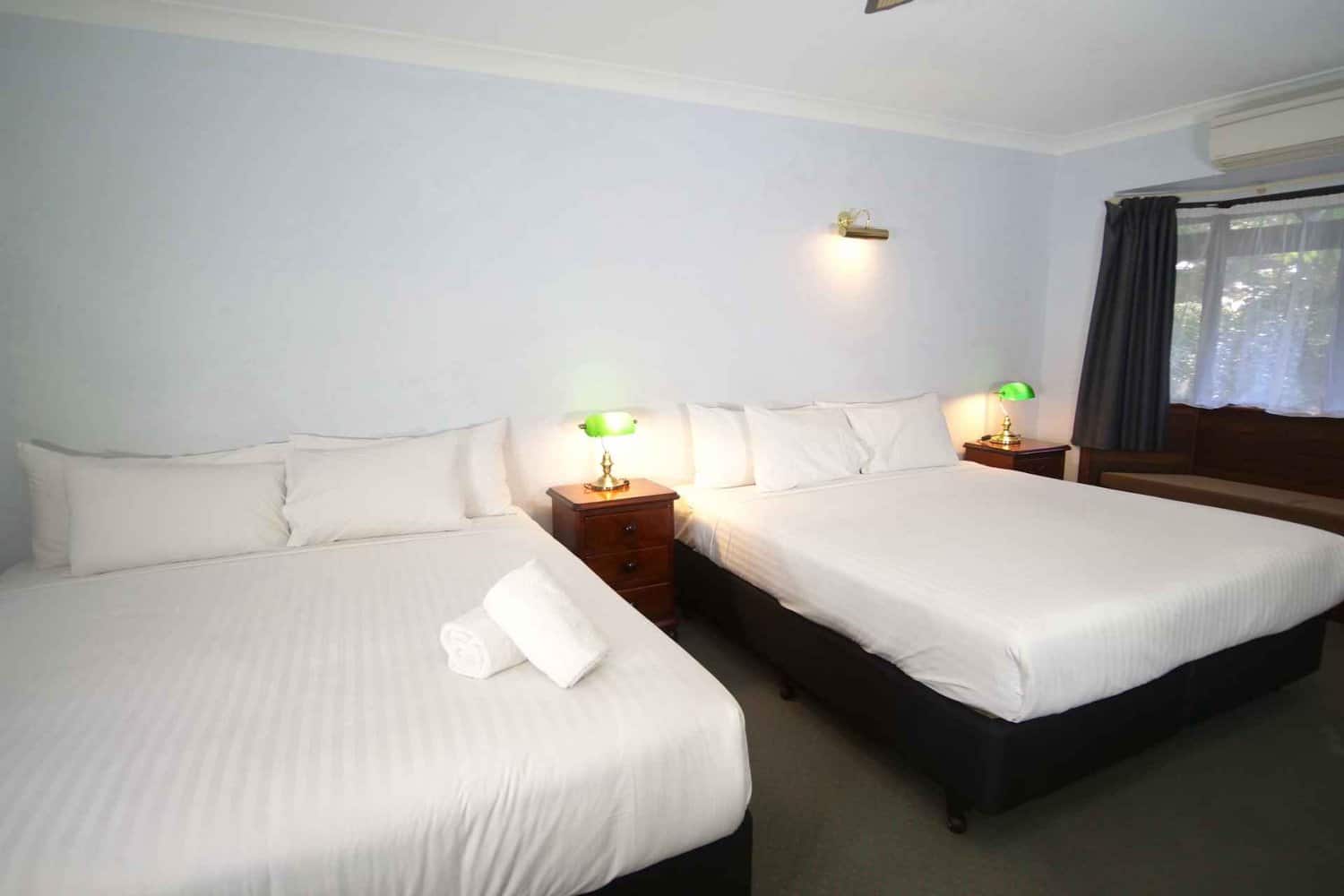
Reasons For Extended Stays
As someone who has owned and operated hotels since 2011, I have seen all types of travelers in my time. I have found that there are various reasons why people choose to stay in a hotel for an extended period. Here are some of the most common reasons:
Business Travel
Business travelers often need to stay in a hotel for an extended period of time due to work-related reasons. This can include attending conferences, training sessions, or working on a project in a different city or country. In such cases, it is often more convenient to stay in a hotel than to rent an apartment or a house. Hotels offer amenities such as housekeeping, room service, and on-site restaurants, which can make life easier for business travelers.
Digital Nomad
Digital nomads are people who work remotely and travel the world. They often stay in hotels for extended periods of time because they can work from anywhere with an internet connection. Staying in a hotel can be more convenient than renting an apartment because it allows digital nomads to move around more easily without any commitment to one property and explore different cities and countries.
Medical Emergencies
Sometimes people need to stay in a hotel for an extended period of time due to medical reasons or emergencies. For example, someone may need to stay near a hospital for a few weeks while receiving treatment or recovering from surgery. In such cases, staying in a hotel can be more convenient than renting an apartment because it offers more flexibility, can be booked and modified at short notice, room service is available and so is housekeeping.
Extended Vacation and Leisure
Some people choose to stay in a hotel for an extended period of time simply because they want to take an extended vacation or enjoy some leisure time. This can be especially appealing for people who want to escape the cold winter months or enjoy a long summer vacation. Staying in a hotel can be more convenient than renting a vacation home because it offers more amenities and services.

Extended Stay Hotels
When I need to stay in a hotel for an extended period, I always look for an extended-stay hotel. These hotels are designed to provide comfortable accommodations for guests who need to stay for a week or more.
One of the biggest benefits of staying at an extended-stay hotel is the cost savings. These hotels offer lower rates for guests who stay for a week or more. This can be a great option for people who need to stay in a hotel for an extended period for work or other reasons.
Another benefit of extended-stay hotels is the spacious accommodations. These hotels offer larger rooms and suites with separate living areas and kitchens. This allows guests to cook their meals and enjoy more space during their stay.
Extended-stay hotels also offer more flexibility than traditional hotels. Guests can often check in and out at any time, and they can choose to extend their stay if needed. This can be helpful for people who are unsure how long they will need to stay in a hotel.
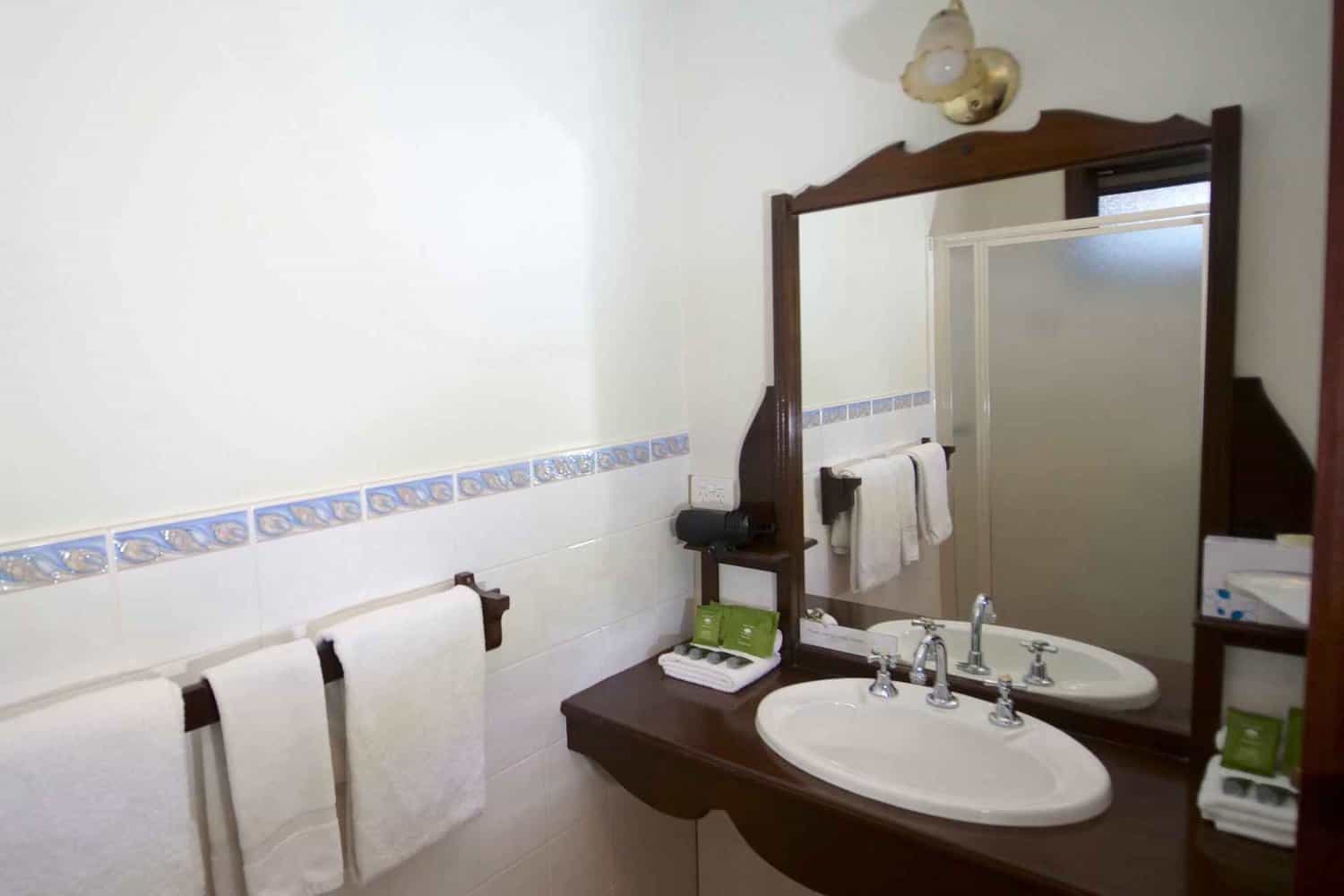
Cost of Extended Stays
The cost of staying at an extended-stay hotel can vary depending on the location and length of stay. However, these hotels are generally more cost effective than traditional hotels for longer stays. As a hotel owner, I like extended stays and will offer a discount as I am filling a room, increasing occupancy and I don’t have to clean it over and over again every time there is a departure.
To get the best rate, it’s a good idea to book your stay in advance and look for discounts or promotions. Many extended-stay hotels offer special rates for guests who stay for a week or more. It’s also a great idea to phone up the hotel owner and speak to them directly, as they will often offer discounts over the phone that they won’t advertise online, especially if you sound like a nice, normal person and have normal reasons for staying a long time.
Amenities in Extended Stay Hotels
Extended-stay hotels offer a range of amenities to make guests feel at home during their stay. These amenities can include:
- Fully equipped kitchens with appliances and cookware
- On-site laundry facilities
- Fitness centers
- Business centers with computers and printers
- Complimentary breakfast or snacks
Some extended-stay hotels also offer social events for guests, such as happy hours or barbecues. These events can be a great way to meet other guests and make new friends during your stay.
My husband used to live at a backpackers in Perth for about 3 years, and their weekly Tuesday night BBQ is something he looks back really fondly on – if the place you’re staying is offering something like this, and you want to meet new people, don’t be shy and get involved!
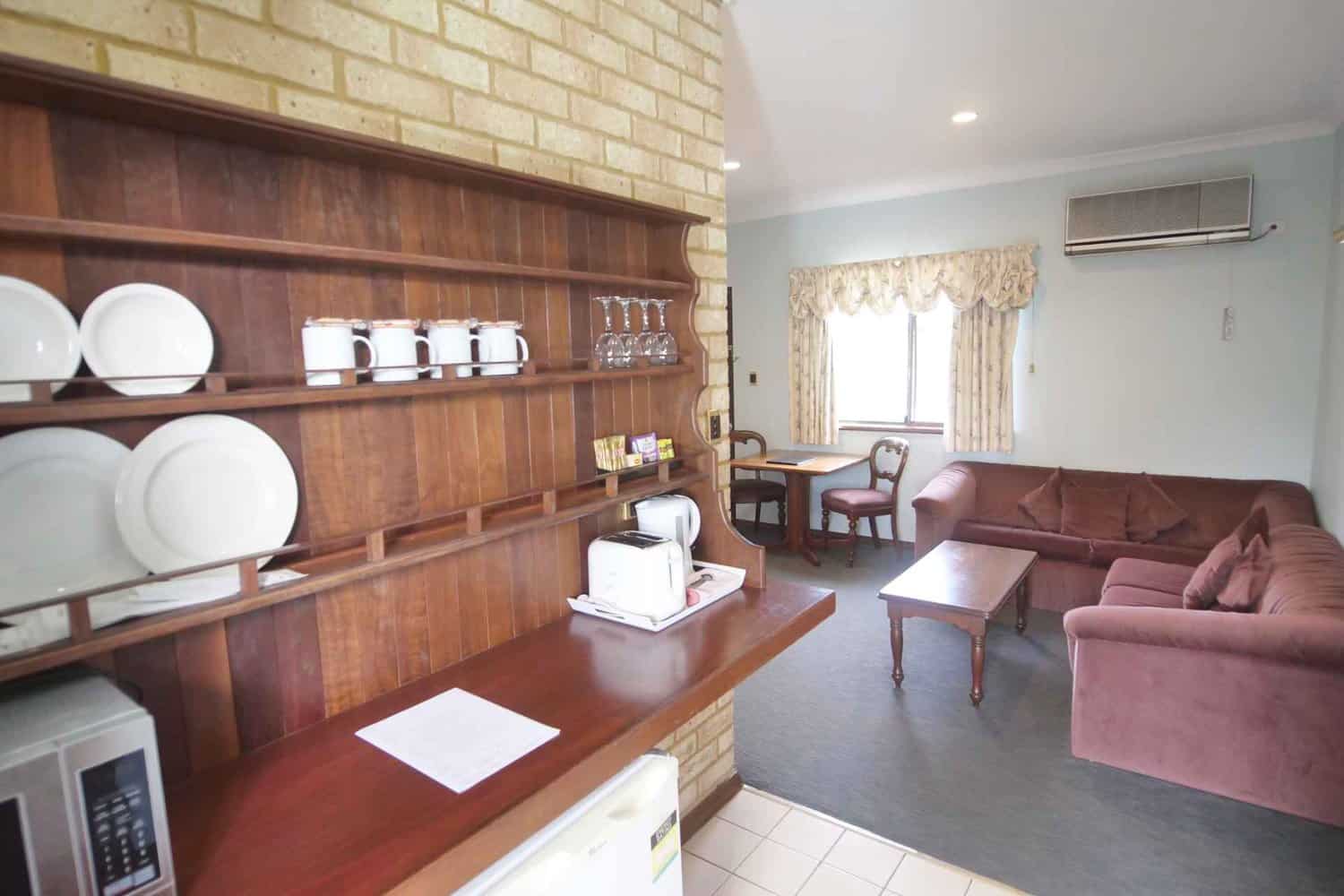
Alternatives to Hotels
When I travel, I like to explore different options for accommodation. While hotels are a popular choice, there are many alternatives that can be just as comfortable and affordable. Here are a few options to consider:
Vacation Rentals
One of my favorite alternatives to hotels is vacation rentals. These are typically private homes or apartments that are rented out to travelers. They can be found through websites like Airbnb, VRBO, and Stayz. Vacation rentals offer a more authentic travel experience and can be a great option for families or groups traveling together.
Some benefits of vacation rentals include:
- More space: Vacation rentals often offer more space than a hotel room, with separate bedrooms, living areas, and kitchens.
- Cost-effective: Depending on the location and size of the rental, it can be more cost-effective than booking multiple hotel rooms.
- Privacy: Unlike hotels, vacation rentals offer more privacy and a home-like atmosphere.
- Be part of the local neighborhood: You can arguably have a more authentic experience living like a local in a vacation rental, but there are certainly risks involved in this.
Airbnb/VRBO/Stayz
Airbnb/VRBO/Stayz is a popular option for travelers looking for a more unique and affordable experience. It allows hosts to rent out their homes or apartments to travelers. They offer a wide range of accommodations, from private rooms to entire homes.
Some benefits of Airbnb/VRBO/Stayz include:
- Authenticity: Holiday homes offers a more local and authentic travel experience, as you are staying in someone’s home.
- Affordability: Depending on the location and type of accommodation, holiday homes can be more affordable than a hotel.
- Flexibility: Holiday homes can offer more flexibility with the ability to cook your own meals, although many hotels are installing kitchens or kitchenettes now that are just as good as those found on Airbnb/VRBO/Stayz.
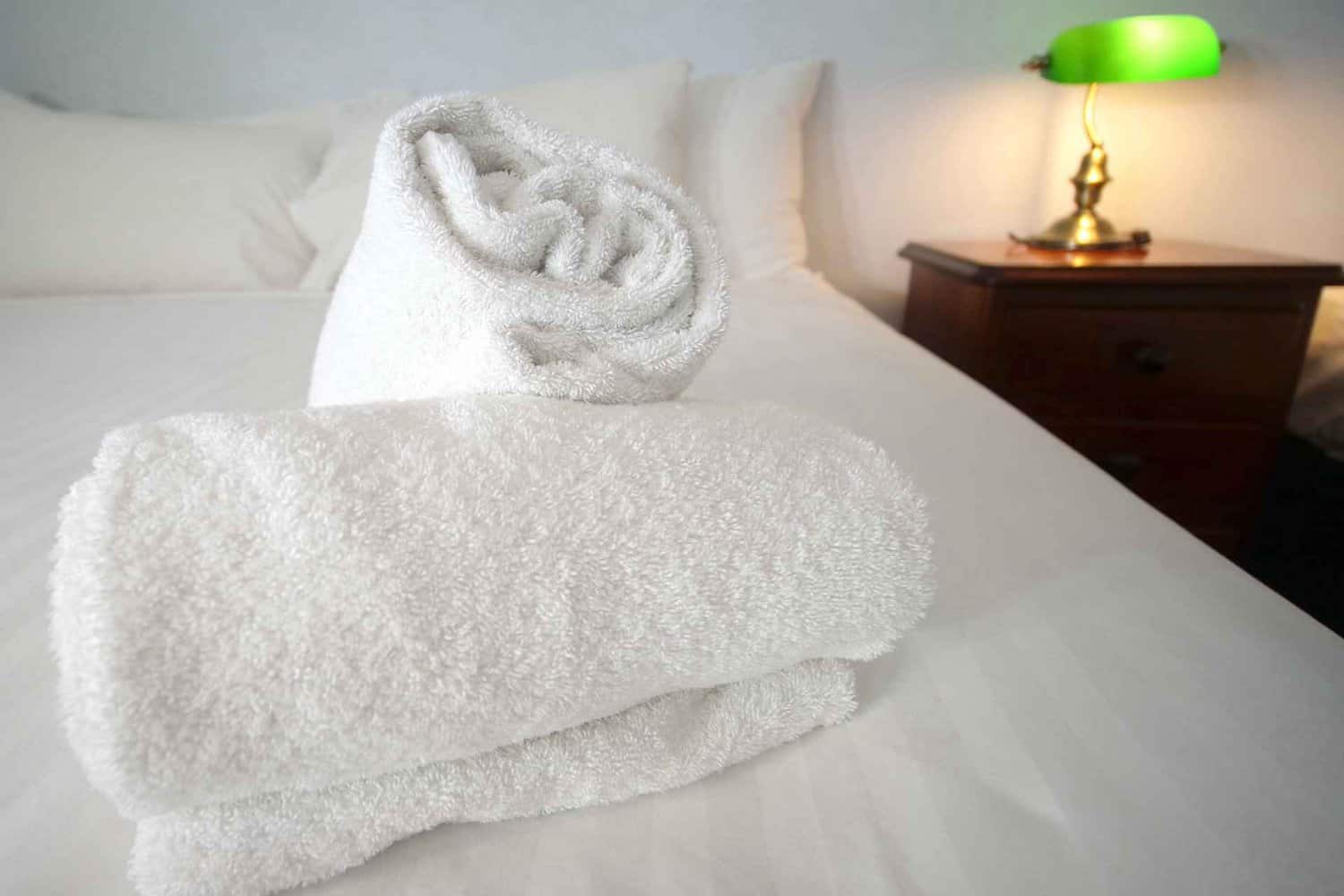
Hostels
Hostels are a budget-friendly option for travelers, especially for solo travelers or backpackers. They typically offer dorm-style rooms with shared bathrooms and common areas. In fact, when my husband moved to Perth from New Zealand, he stayed at a backpacker in Perth for about 3 years, as he was working FIFO (fly-in fly-out) on the mines and didn’t want to rent a house. He says there were quite a few people there that were doing the same thing!
Some benefits of hostels include:
- Affordability: Hostels are generally the most affordable option for accommodation, although you may have to share dorm rooms with others.
- Social atmosphere: Hostels offer a social atmosphere, with opportunities to meet other travelers from all over the world and participate in group activities.
- Amenities: Many hostels now offer amenities such as free Wi-Fi, laundry facilities, and even on-site restaurants. These amenities can make your stay more comfortable and convenient. Plus, you don’t have to break the bank to take advantage of them.
- Hostels often have 24-hour reception and security measures in place, so you can feel safe and secure during your stay.
- Flexibility: With a hostel, you don’t have to commit to a long-term stay like you at other accommodations. You can easily book day-by-day or even night-by-night, depending on your needs. This makes it easy to adjust and change plans if needed.
- Location: Hostels are often located in central areas or near popular attractions, so you can easily explore new places without having to worry about transportation. This makes it much easier to get around, and you don’t have to pay for expensive taxis or public transport.
- Experiences: Staying in a hostel is an experience in itself, as you get the opportunity to learn more about other cultures and share experiences with like-minded travelers. This can be a great way to make friends and learn more about the world around you.
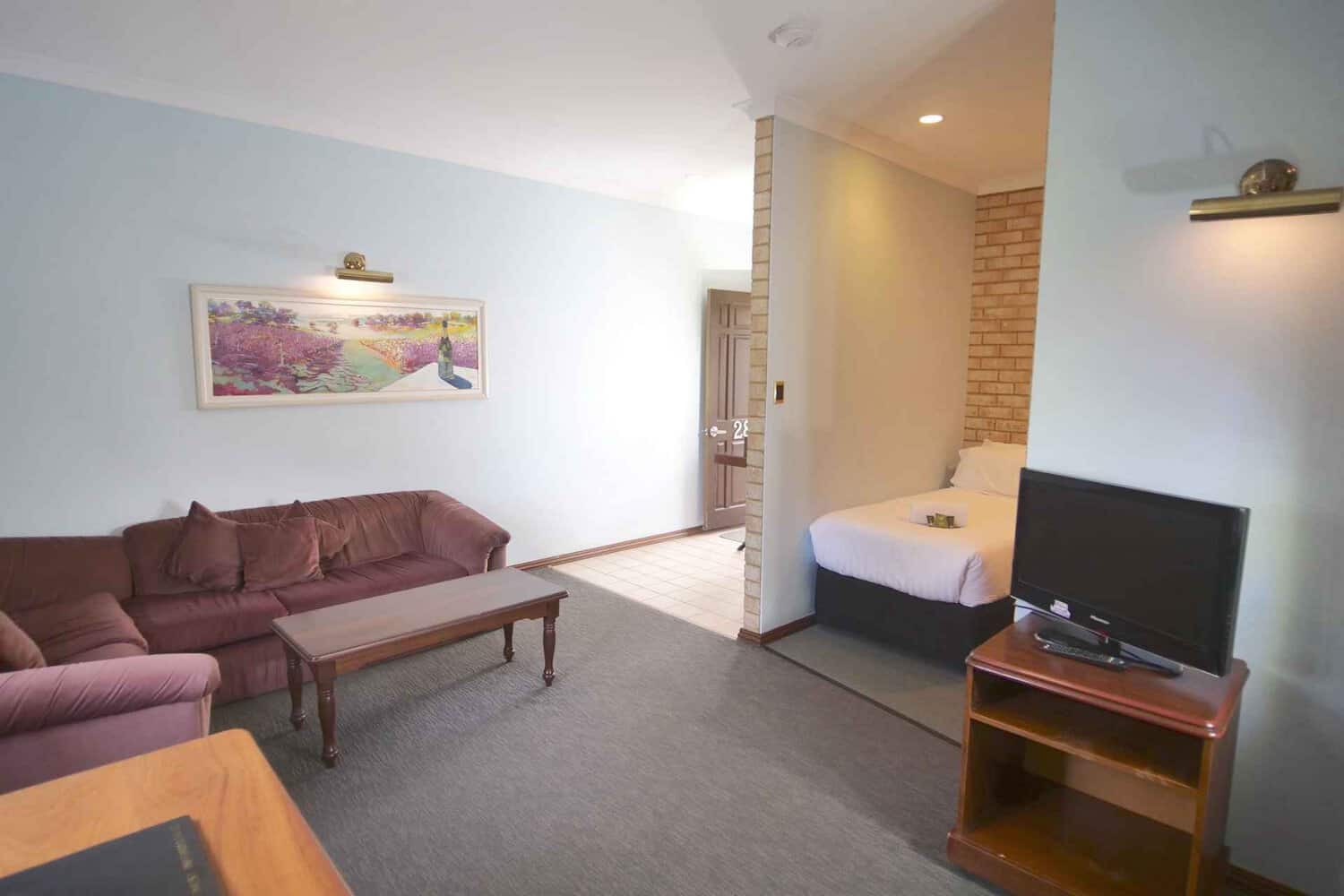
Tips for Living at a Hotel
Living in a hotel for an extended period can be a convenient and comfortable option. Here are some tips that I have learned from my experience living in a hotel for 10 years or so that can make your stay more enjoyable:
Choosing the Right Hotel
When selecting a hotel for an extended stay, it is essential to choose one that meets your needs. Consider factors such as location, amenities, and the cost of the room. Look for hotels that offer kitchenettes or mini-fridges to save money on eating out. Check the hotel’s reviews online to ensure that it has a good reputation and is in a safe neighborhood.
Negotiating Rates
Hotels may offer discounts for extended stays, so it’s worth asking about any special rates. I have found that calling the hotel directly and speaking to the manager can be more effective than booking online. Bonus points if you are friendly on the phone and try to connect with the manager on a personal level – you are far more likely to get a good rate if you do this. If you are a member of a loyalty program, make sure to mention it as you may be eligible for additional discounts.
Packing Strategically
When living in a hotel, packing strategically can make your stay more comfortable. Bring items that can help you feel at home, such as pictures or a favorite blanket. If you love to eat rice, bring a rice cooker. If you like toasted sandwiches, bring a sandwich press. If you are particular about your hairdryer, make sure you bring that too. The aim here is to pack things that make you feel comfortable and can save you some money!
Safety and Security Tips
Living in a hotel can be safe, but it’s essential to take precautions. Keep your room key with you at all times and do not share it with others. Lock your door when you leave the room, and consider using a portable door lock for added security. Be aware of your surroundings and report any suspicious behavior to hotel staff or local authorities.
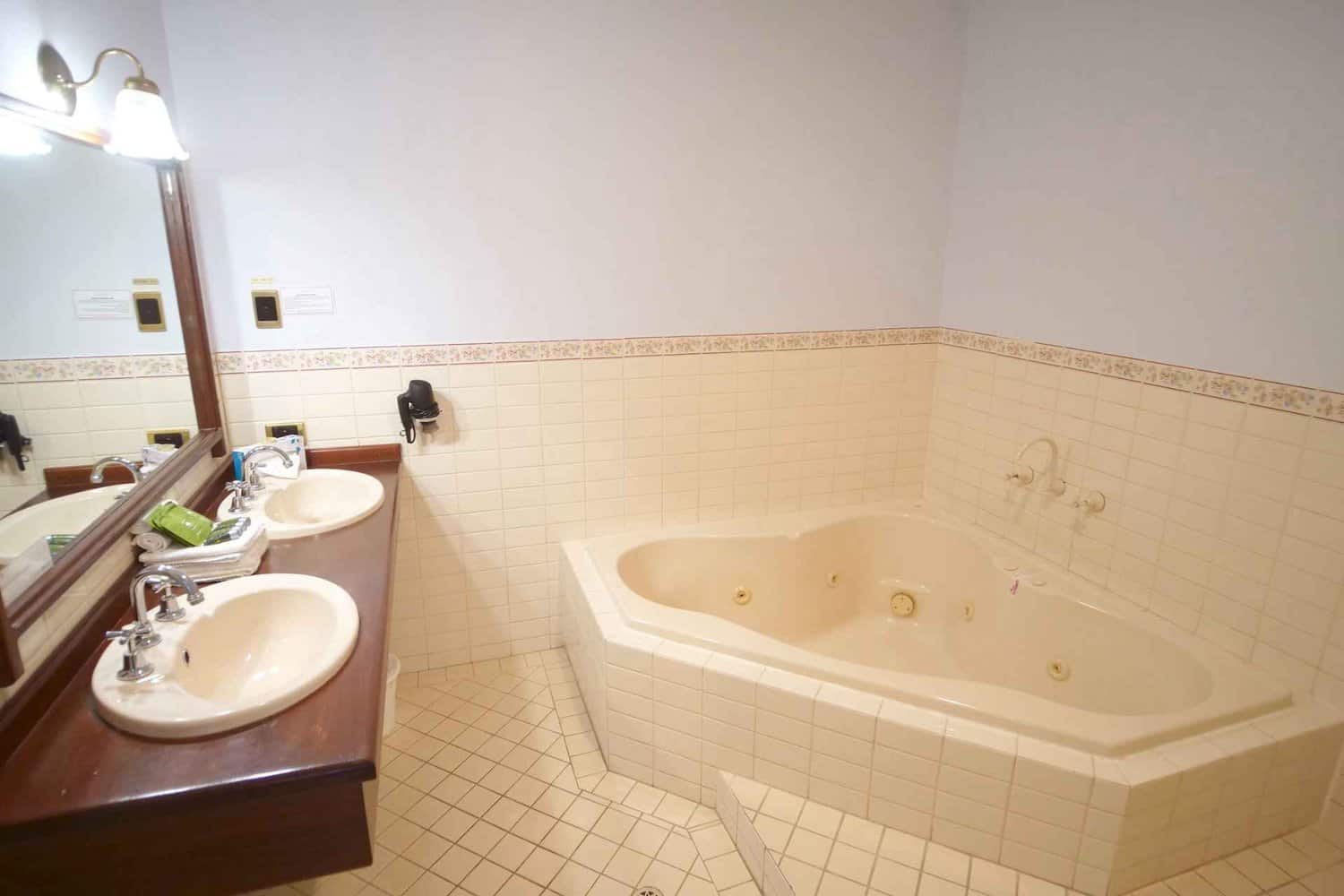
Pros And Cons Of Living In A Hotel
Living in a hotel for an extended period can be an attractive option for some people, but it also has its drawbacks (I would know as I have lived in a hotel for about 10 years!) Here are some pros and cons of living in a hotel:
Pros
- Convenience: Living in a hotel means that everything is taken care of for you. Housekeeping cleans your room daily, and you don’t have to worry about maintenance or repairs. You also have access to amenities like a gym, pool, and restaurant without leaving the building.
- Flexibility: Living in a hotel gives you the flexibility to move around easily. If you need to relocate for work or personal reasons, you can do so without having to worry about breaking a lease or selling a house.
- No Long-Term Commitment: You can stay in a hotel for as long as you want without having to sign a lease or commit to a long-term stay. This is ideal for people who are unsure of their future plans or who need to stay in a particular location for an indefinite period.
Cons
- Cost: Living in a hotel can be expensive, especially if you’re staying for an extended period. Hotels charge for their convenience, and rates can quickly add up. It’s essential to compare the cost of living in a hotel to other options like renting an apartment before making a decision.
- Lack Of Privacy: Living in a hotel means that you don’t have the same level of privacy as you would in an apartment or house. Housekeeping comes in daily to clean your room, and you may have to deal with noise from other guests.
- Limited Space: Living in a hotel room means that you have limited space. You may not have a full kitchen or a lot of storage space for your belongings. This can be challenging if you’re staying for an extended period, or have lots of stuff.
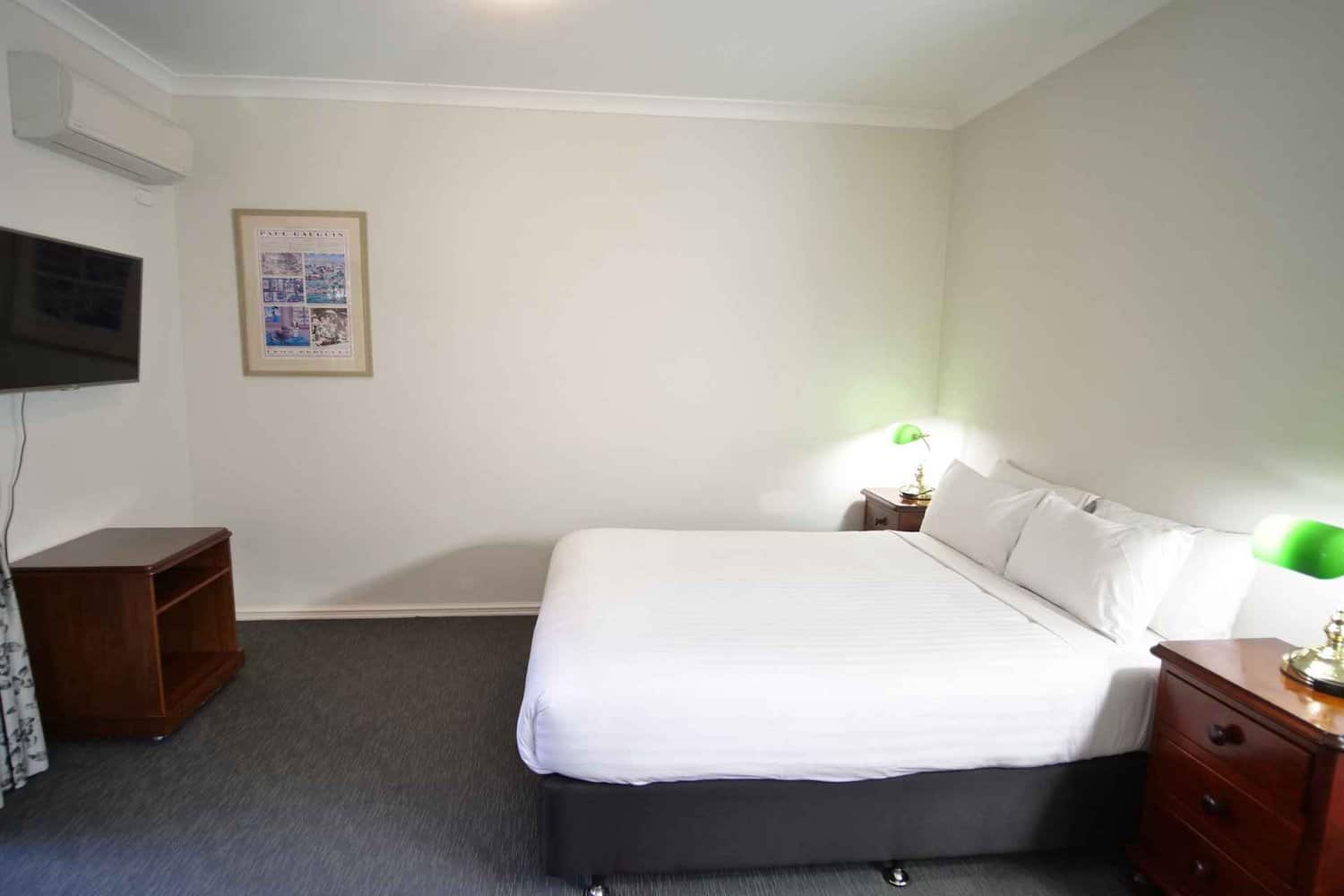
FAQ – How Long Can You Live In A Hotel?
How Long Can You Stay in a Hotel Without Paying?
The length of time you can stay in a hotel without paying varies by each establishment. Generally, most hotels will want some form of payment upfront (at least we always did at our hotels). However, this may be different depending on the hotel’s policies and availability, and how much they are prepared to trust you. If you are staying for an extended period of time, it is best to check with the hotel.
Can You Stay in a Hotel for a Month?
Yes, it is possible to stay in a hotel for a month or longer. Some hotels offer special rates and discounts for extended stays so be sure to ask about these when booking your accommodation.
Can You Stay in a Hotel for a Year?
It is possible to stay in a hotel for a year or longer, depending on the hotel. You will need to check with the hotel firstly if this is allowed, and secondly, if they offer any special rates or discounts for an extended stay. Some hotels may also require you to sign an agreement if you are staying that long. Laws can vary from country to country and state to state.
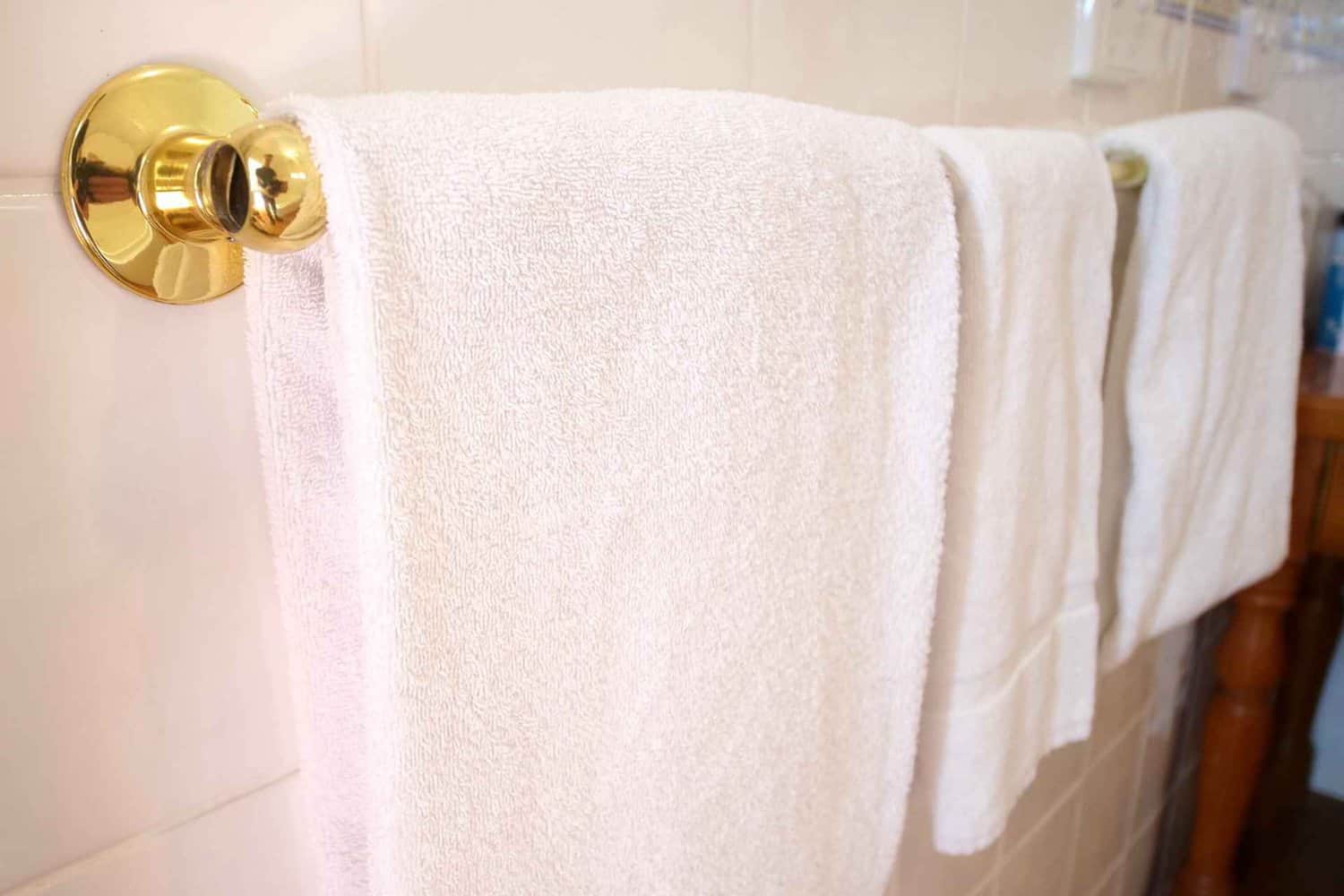
How Long Can You Stay in a Hotel After Checkout?
The amount of time you can stay in a hotel after check out typically depends on the availability of the room and how busy the hotel is. Generally, most hotels require guests to check out between 10 am and 12 pm. If you need more time, it is best to call ahead and see if you can check out later than usual. They may offer to do this for free, or they may also require payment.
How Long Can You Stay in an Extended Stay Hotel?
An extended-stay hotel is designed to provide long-term accommodation for travelers who need a place to stay for more than just a few days. Depending on the specific extended-stay hotel, guests can typically book their room for up to six months or even longer in some cases. It is best to check with the hotel directly for specifics regarding their policy.
How Long Can You Stay in a Motel?
Similar to hotels, the length of time you can stay in a motel depends on the establishment’s policy. Generally, most motels allow guests to stay for up to two weeks at a time. However, if you are planning on staying longer than that, it is best to check with the motel management before booking your room.
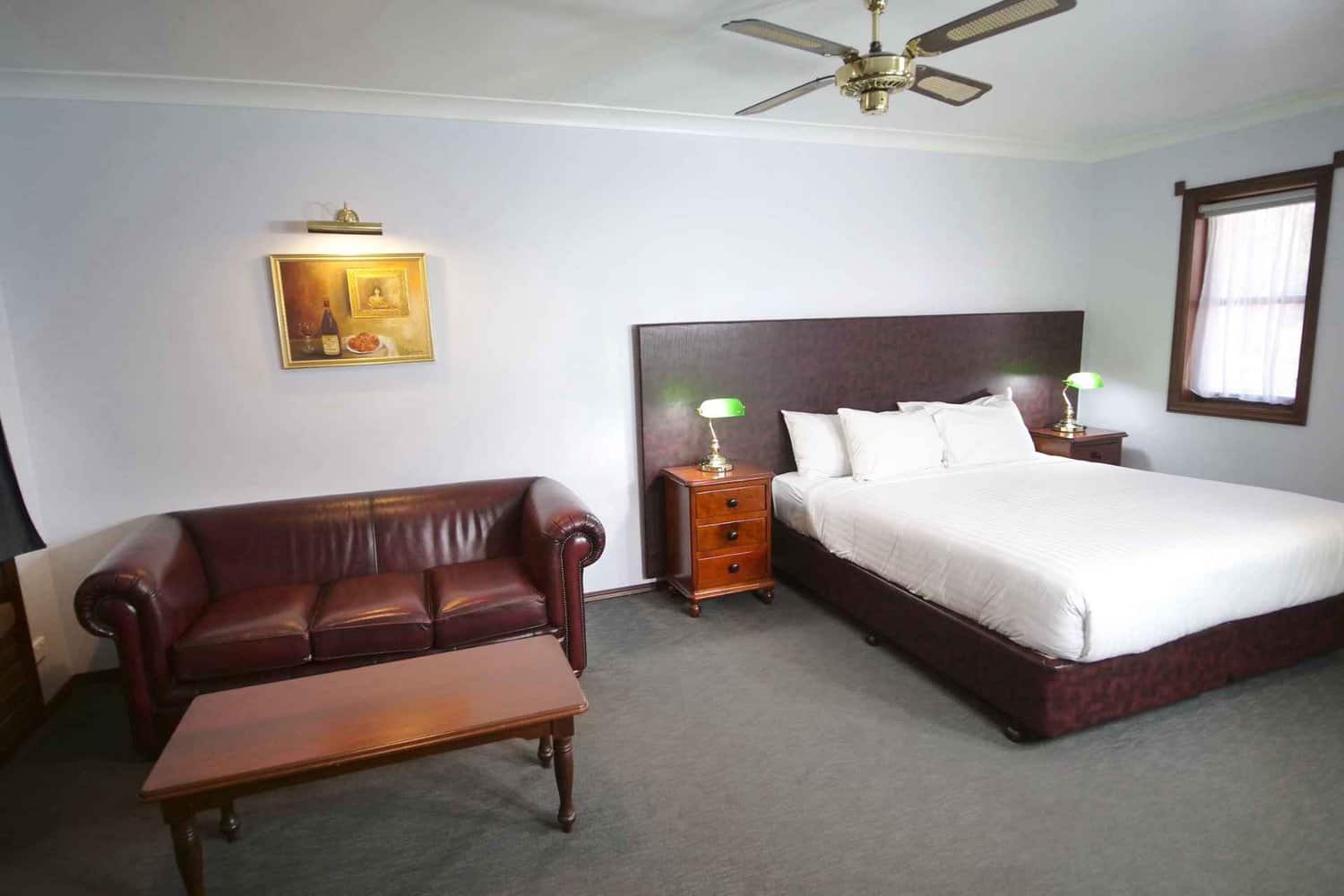
How Long Can You Stay in a Hotel Lobby?
How long you can stay in a hotel lobby depends on the establishment’s policy and how busy it is at the time. Generally, most hotels allow guests to use their lobby as a communal area for around two hours at a time. However, if you wish to stay longer than that it is best to check with the hotel staff first. They may offer to let you stay a bit longer, or they may require you to book a room.
How Long Can You Stay in a Hotel Before Getting Charged for Another Day?
Typically, most hotels will charge you for another day’s stay if you have not checked out by 11 am on the day of your reservation. However, this can vary from hotel to hotel so it is best to check with the establishment directly before booking. Additionally, some hotels may offer a late-checkout option or delay any additional fees until later in the day.
What Is the Average Length of Stay for a Typical Hotel Booking?
The average length of stay for a hotel booking is typically between one and two nights. However, this can vary depending on the type of hotel and location, and what types of guests the hotel normally attracts. At our motel in Margaret River, the average length of stay is about 1.9 nights per guest.
Why Don’t Hotels Let You Stay for More Than 30 Days in the Same Room?
Lots of hotels have a policy that restricts guests from staying in the same room for more than 30 days at a time. This is because they need to adhere to local laws and regulations, as well as maintain the quality of their services by regularly cleaning and refreshing their rooms. Check with the place you are staying if this is something they enforce.
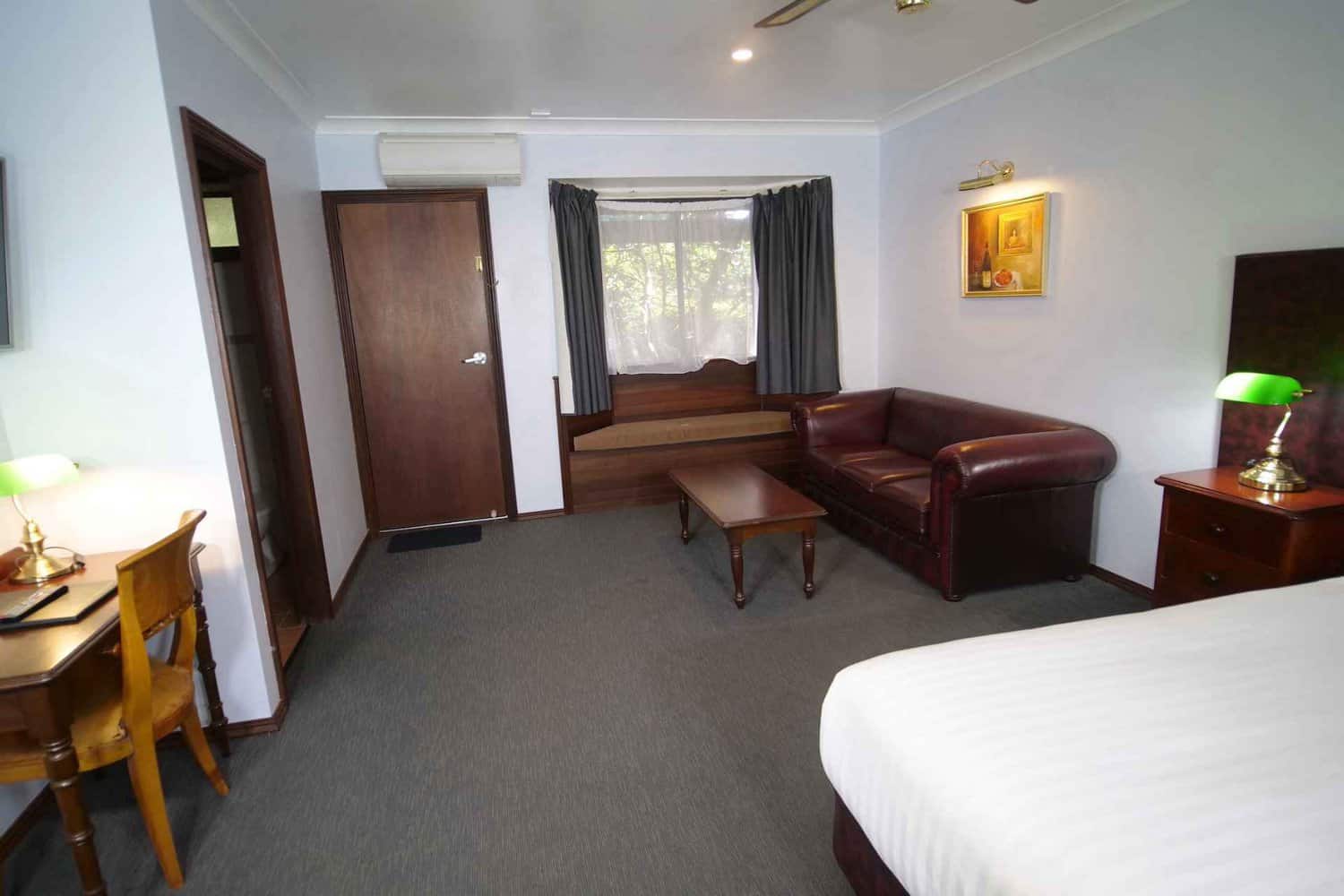
Wrapping Up: How Long Can You Live In A Hotel Room?
So there you have it, hopefully, now you know everything about how long can you stay in a hotel! In summary, though, it is dependent on several factors, including the hotel’s policy, local laws and regulations, and the type of accommodation.
Most hotels permit stays up to two weeks or even longer depending on availability. Extended-stay hotels offer long-term stays for people who need accommodations for more than a few days, typically up to six months.
All in all, it is best to check with the hotel directly (especially over the phone if possible!) before making your booking to ensure you have a pleasant and comfortable stay in your chosen accommodation.
Related Posts:
